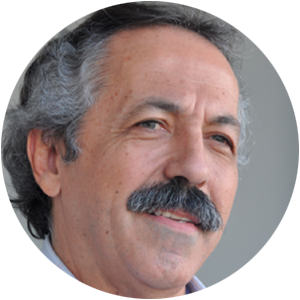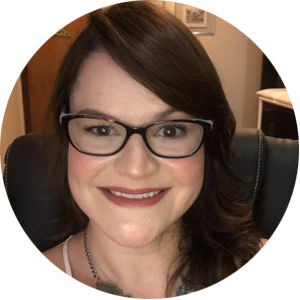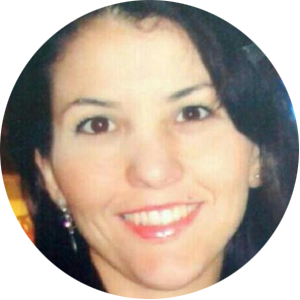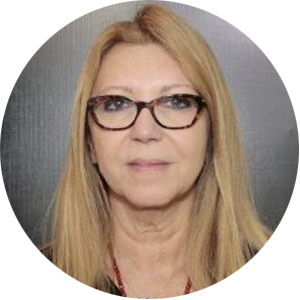54
AQP4-IgG testing
for NMOSD
in Brazil
AHF Convenes a Consensus Conference
on AQP4-IgG testing for NMOSD in Brazil
A Roadmap to increasing access to aquaporin-4
testing for NMOSD in Brazil: Expert Recommendations
Neuromyelitis optica spectrum disorder (NMOSD) is a rare autoimmune inflammatory disease of the central nervous system characterized by recurrent attacks of optic neuritis and/or longitudinally extensive transverse myelitis. Attacks are cumulatively responsible for disease-associated disabilities. Brazil has a higher NMOSD prevalence than other countries, with up to 4.5/100,000 people affected.
The discovery of the auto-antibody aquaporin 4 immunoglobulin G (AQP4-IgG) seropositivity, which was detected in up to 90% of patients, transformed the diagnosis, therapy, and prognosis of NMOSD. Disparities in access to testing in Brazil hinder the early diagnosis and initiation of treatment, highlighting the urgent need for comprehensive strategies to face the unique challenges and opportunities related to NMOSD care.
To investigate this issue of timely access to AQP4-IgG testing and subsequent treatment for NMOSD in Brazil, the Americas Health Foundation conducted a virtual meeting with six Brazilian neurologists to develop a manuscript to assess the landscape of AQP4-IgG testing and provide recommendations to improve access in Brazil. The resulting manuscript, "A roadmap to increasing access to aquaporin-4 testing for NMOSD in Brazil: Expert recommendations", has been published in Arquivos de Neuro-Psiquiatrias. Click here to access the manuscript.
Lead author: Raquel Vassão.
PANELISTS INCLUDED







